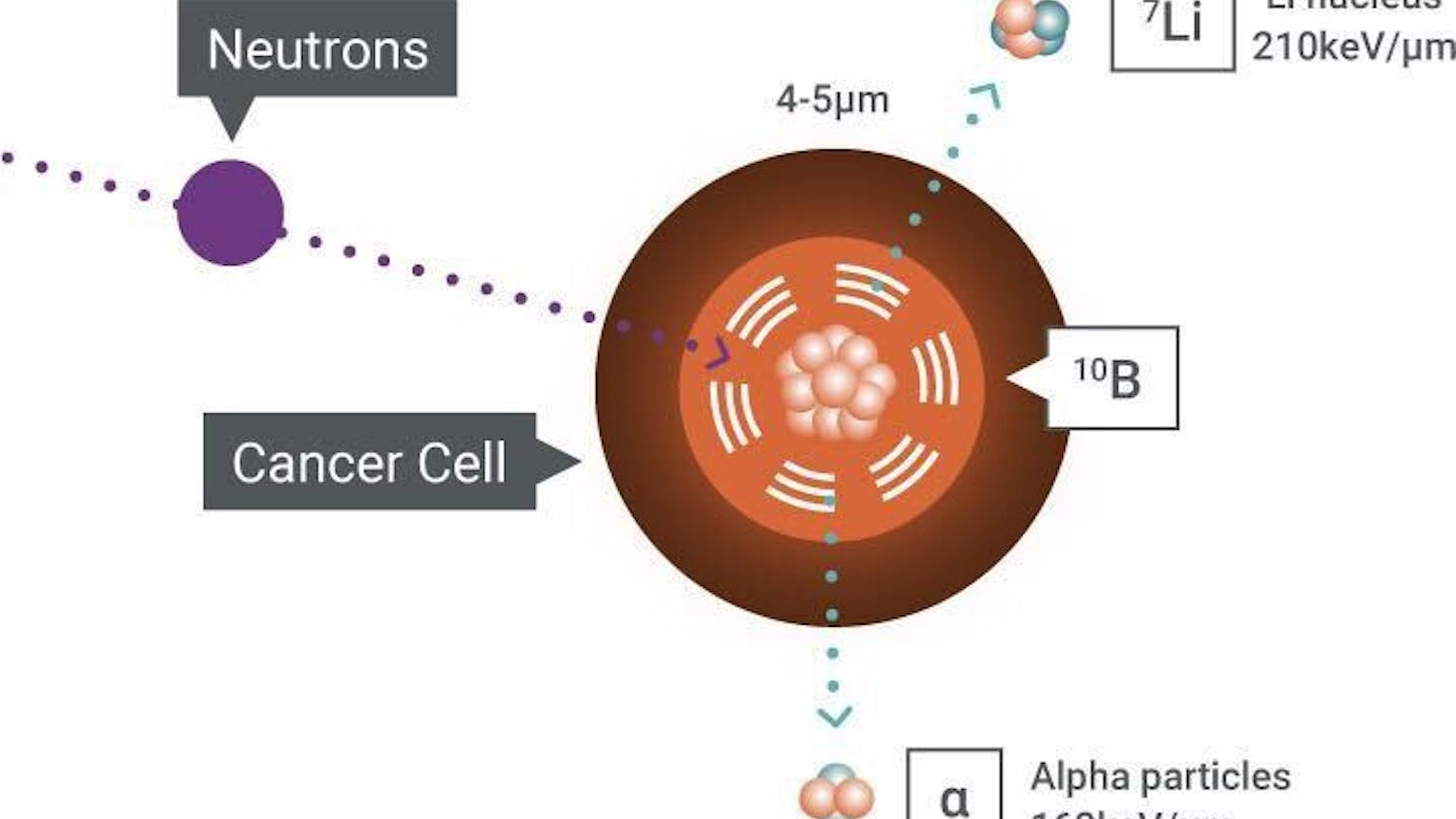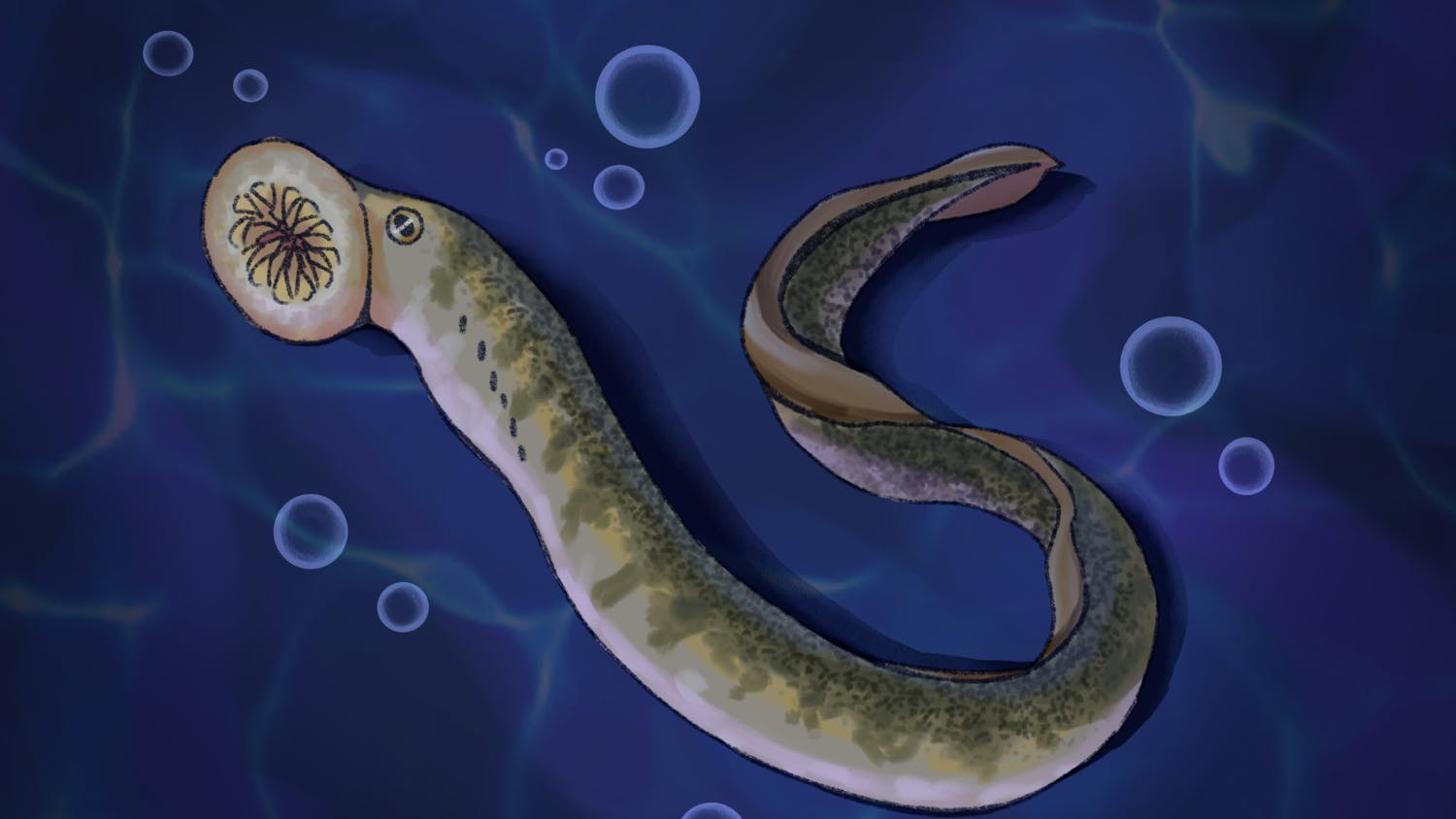In summer of 2022, Dr. Emily Bick became an assistant professor in the University of Wisconsin-Madison’s department of entomology and an extension specialist through the Department of Extension.
Bick’s research focuses on applied agroecology, digital entomology and spatial population biology. The Bick lab aims to develop tools and frameworks for data driven, precision pest management.
Bick sat down with The Daily Cardinal to talk about her career path, her work in industry and her journey in academia.
This interview has been edited for clarity and brevity.
Tell me a little bit about your undergraduate career, how did you know you wanted to research entomology?
I actually started doing science research in high school. There was a four year science research course I took where we had to develop our own project. They picked some of the best science students and said, “Okay, if you want this opportunity, go for it. Try out science research.”
We had to think of a topic we [were] really passionate about. At the time, I’d just come back from summer camp, which meant I’d been eaten alive by mosquitos. So I came back and said, “You know what, I’m developing a much stronger bug spray. That’s all I want to do, that’s going to be my four year project.” I was just totally enamored with how we keep mosquitos away from us.
Over the course of that four year project, I needed help [and] sought out the local university and met with two entomology professors. [I] really developed an understanding about how insects and people interact, and what that relationship actually looks like. All of a sudden I became a lot less interested in personal protection from mosquitoes and more about insects, pathogens and people.
When you were in undergrad, did you know you wanted to do your masters degree?
No. I was actually dead set against grad school, I thought I was going to work straight away. I had a lot of research experience in my undergrad. I worked in a nematology lab, which was not for me.
I spent a summer in Davis, California doing some fieldwork in agriculture with an organic pesticide company. I knew I wanted to get more hands-on field experience. I moved to Minneapolis straight out of undergrad and started working for a tree pesticide company for two years working mostly on [the] emerald ash borer.
What's the difference between working as a researcher in undergrad and working in industry? What did that transition look like?
I thought I had a really wonderful preparation for working in the field from my Bachelor's experience. A part of it was that I was given enough support to pursue my interests. Essentially, the work I was doing was 100% self driven by my senior year in college, which meant as soon as I got into the real world I was able to relatively successfully work as a research and development program manager. In this job, I was coordinating with outside interests, leading trials and successfully executing protocol out of that.
There was a really stark set of differences between academia and working in industry. The end goal of pursuing your own academic questions is figuring out the answer to the question. But the end goal for working for a company is supporting their essential money making products with science. So, when I was asking some deeper questions, I received some pushback, and you’re a lot more limited in what you’re able to do.
As a working professional, I was essentially running the same protocol. I invented this protocol — it's great. It was interesting [and] it was creative, but I was running the same protocol year after year. After three field seasons, it was much less interesting.
How did you decide you wanted to go back for your master’s and doctoral degree?
Actually, I was inspired by a professor out of Michigan State University named Deb McCullough where she was basically doing the same type of work [with emerald ash borers]. What she had done was used a set of models to figure out if we could get to a herd immunity level effect with pesticides and trees. Essentially buying the trees enough time to respond to the pesticides. I thought it was really interesting that you could optimize an ecosystem and come up with an economic solution that was beneficial for everyone.
When I went to grad school — and I highly recommend taking a couple of years between bachelor’s and graduate school — I had a much clearer idea of what I wanted to learn. Grad school is probably one of the only times in your life where you get to sit and think and develop your own questions and pursue your own interests. If you come in with a really good perspective on what you want to learn and what you want to do, you’re much more successful.
What did you do after getting your PhD? Did you think you’d return to industry or stay in academia?
When I started my masters I was highly interested in going straight back into industry, but by the time I taught my first class, I realized I really loved the teaching piece [of academia], I really enjoyed the mentoring piece and I really liked the freedom to pursue your own questions. Because of that, by my third year I had called up my parents and told them I was gonna be a professor or try to be an academic of some sort.
I was keen on the intellectual freedom which allows me to pursue my own curiosity. I also really liked the “impact the world” piece, which is not necessarily the challenge, but a challenge with academia.
How has your first year as an associate professor been?
It’s much better now that I have some help! I spent the first six months mostly applying for grants, which I mostly didn't get because the granting rate is like one in 10 and [I was] really dialing in [what I] wanted my lab to be. That was one of the hardest parts, and it’s particularly hard because I am very much an ideas person, but if you pursue all of them nothing gets done.
One of the things that we’ve been doing is making a sensor that can give us high quality insect data that you can answer interesting applied questions with. We are going to use this sensor to see if we can quantify biodiversity. Instead of just asking about specific species, we’re going to ask about how many types of species and what is the diversity of the species in an area. Having that kind of low cost system and high quality data will help us answer if our conservation impacts are actually working and what the actual impact of some of these agricultural practices are. But we need better data, we need automated entomological data collection.
Do you have any advice for Daily Cardinal readers that want to get into STEM research?
I am a big believer in knowing something that you’re aiming for. If you have a target, if you see that target, it doesn’t matter if that changes. I thought I’d be in industry, and I’m not, right? If you have a target that you’re aiming for, you’re going to go a lot further than if you’re kind of meandering along.
In terms of direct paths, there are no direct paths. I’ve been working on everything from mosquitoes to urban trees to bio control with a base of aquatic weeds, then strawberries and grapes and canola. Now I’m the corn and soy person for the state of Wisconsin. There’s no direct path. Interests change and evolve. There are certainly ways to integrate that diversity of paths into the type of work that you’re doing in the future.






